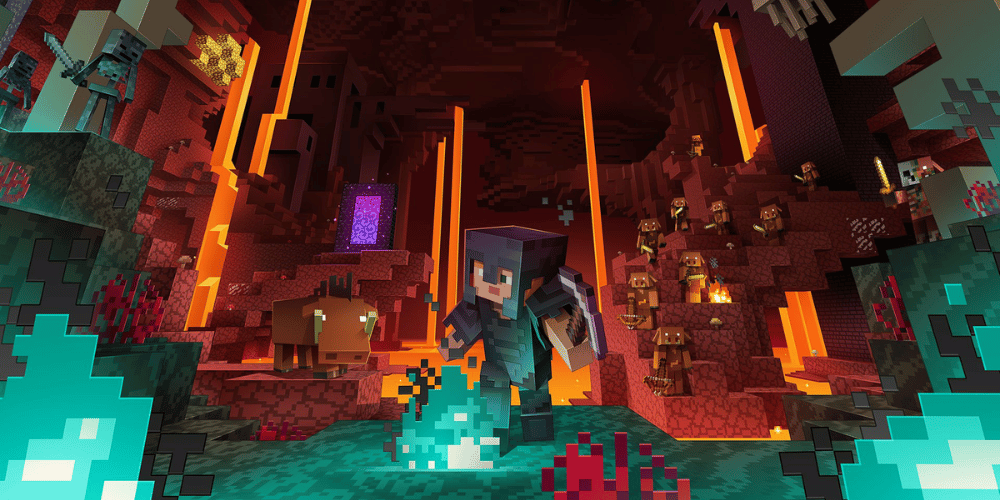Minecraft Wiki Editors Consider Migration Due to Fandom Practices
- 2023-07-11 09:45

Amidst growing frustrations and unease, the contributors and editors of the official Minecraft Wiki hosted on Fandom have begun contemplating a mass migration away from the platform. The disillusionment stems from perceived aggressive monetization tactics implemented by Fandom, hampering the user experience and sparking debate within the Minecraft Wiki community.
The discontent began to brew with Fandom's acquisition and subsequent integration of Gamepedia's content, a move seen by some as aggressive and profit-oriented. This bubbling dissatisfaction came to a head around the Minecraft Wiki, one of the most significant wikis on the platform, where the community has been voicing discontentment over an increase in ads, layout changes, and intrusive popups that degrade the user experience.
Further aggravating the situation is Fandom's move towards introducing features like quizzes at the top of pages and a divisive yellow navigation bar, the latter added without seeking feedback from the community. These changes, often justified using vague engagement statistics, have upset the Minecraft Wiki contributors, who believe these additions detract from the Wiki's core purpose: delivering comprehensive, useful information to the Minecraft player community.
Another significant bone of contention is the recent Grimace page controversy on the McDonalds Wiki. Here, Fandom replaced the current page with a paid McDonalds advertorial without the consent or knowledge of the Wiki's contributors. This incident served as a stark reminder of Fandom’s potential to prioritize ad revenue over maintaining the integrity of user-curated content, further unsettling the community.
Despite the myriad challenges of such a migration – most importantly, starting from scratch and competing with an already established presence (the Fandom Wiki's high SEO ranking), the Minecraft Wiki community seems to value its independence and user experience over the conveniences of an established platform. The final decision rests precariously in the balance, but one thing is clear – the community's desire for a more transparent, user-focused platform is a powerful motivator for change.





